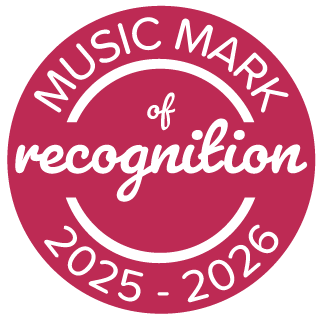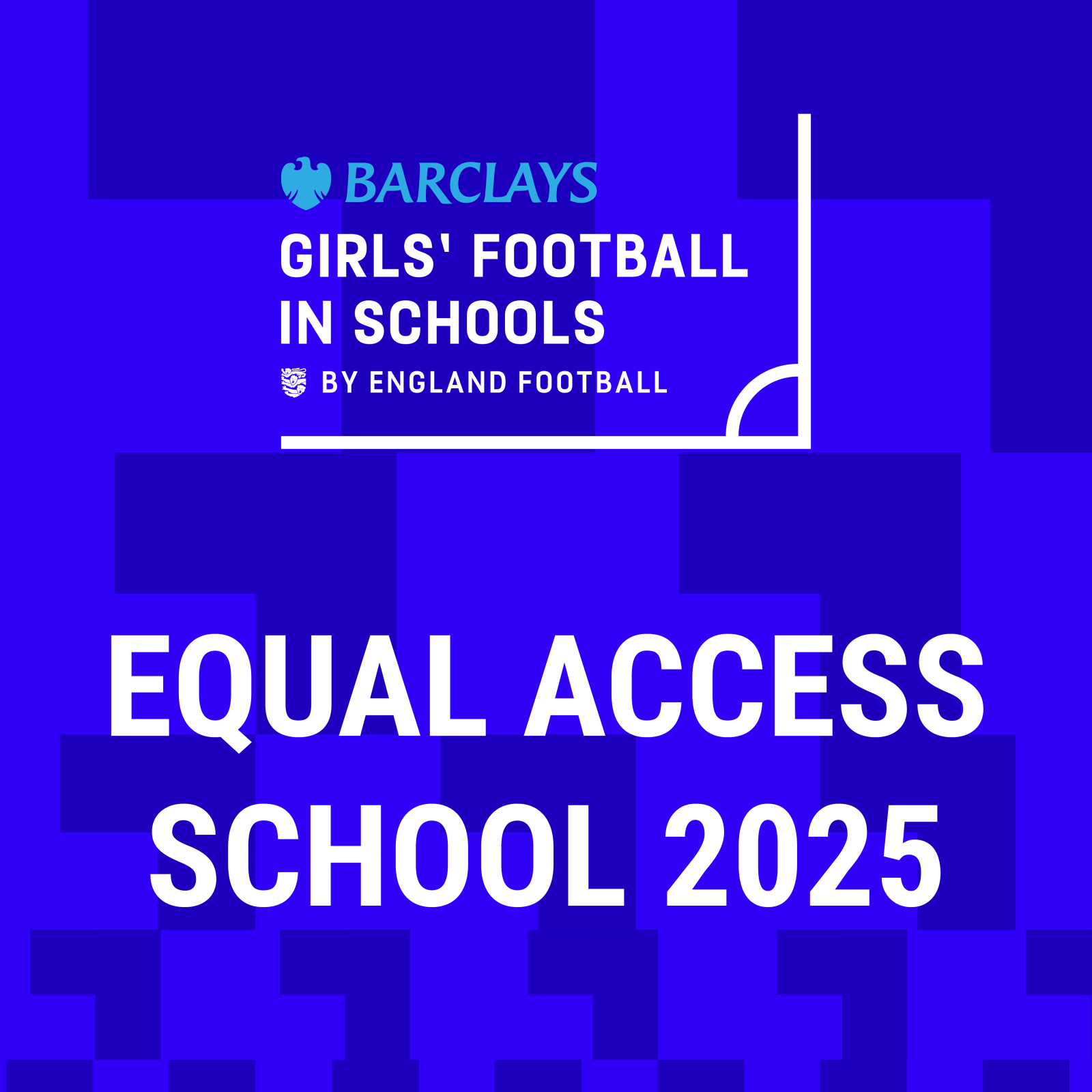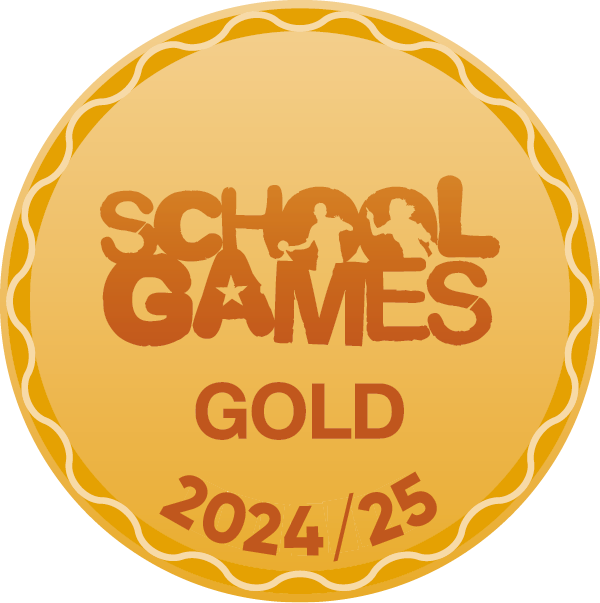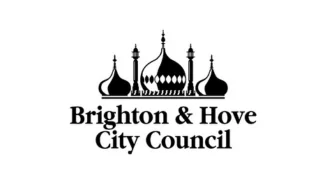Philosophical Enquiry
P4C (Philosophy For Children) is an approach to learning and learning that was founded by Professor Matthew Lipman. P4C has developed over 35 years, and is practised in approximately 60 countries.
Children are taught how to create their own philosophical questions. They then choose one question that is the focus of a philosophical enquiry, or dialogue. For example the question might be ‘is it ever ok to steal?
The teacher, as facilitator, supports the children in their thinking, reasoning and questioning, as well as the way the children speak and listen to each other in the dialogue. After the enquiry the children and facilitator reflect on the quality of the thinking, reasoning and participation, and suggest how they could improve; either as individuals or as a group (community).
P4C is a regular activity so that the children develop their skills and understanding over time. The role of the teacher is crucial to ensuring quality dialogue and progress, as well as integration with the curriculum.
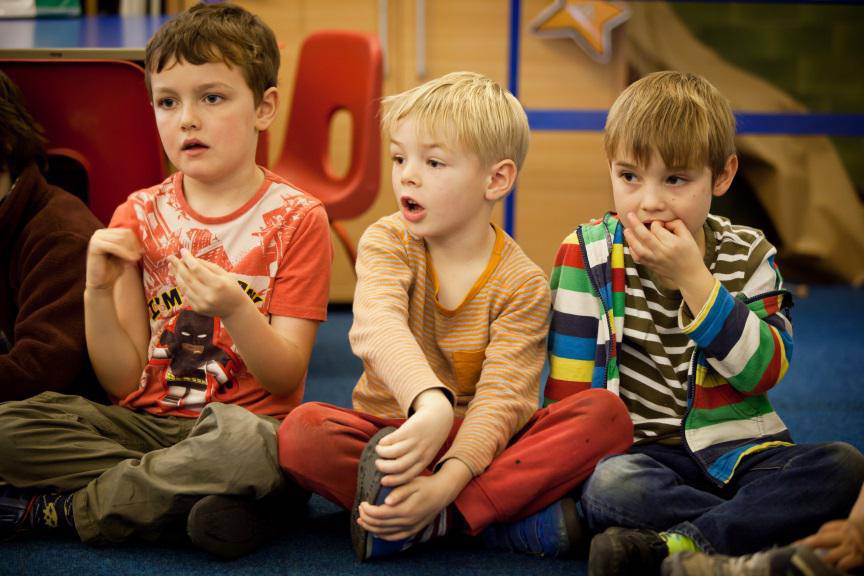
It is well documented that P4C has an impact on children’s cognitive, social and emotional development. P4C is about getting children to think and communicate well; to think better for themselves.
P4C is a thorough pedagogy with considerable academic pedigree. Professor Matthew Lipman, frustrated by his students lack of engagement with learning and thinking, was influenced by educationalists and philosophers such as Vygotsky, Piaget, Dewey as well as the tradition of Socratic dialogue.
Community of Enquiry
A Community of Enquiry is a group of people used to thinking together with a view to increasing their understanding and appreciation of the world around them and of each other.
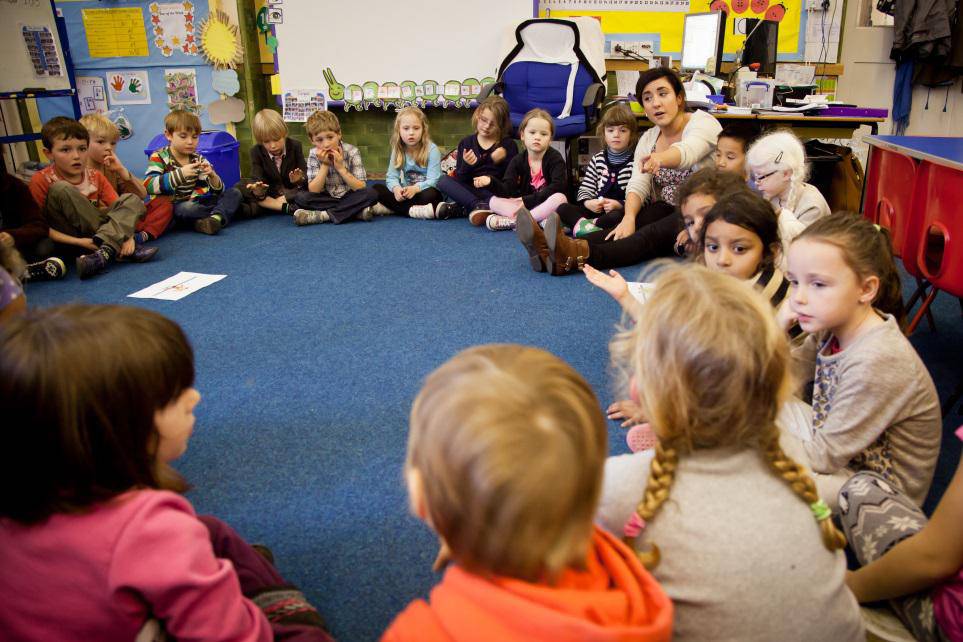
P4C focuses on thinking skills and communal dialogue (‘philosophising’), and aims to build ‘communities of enquiry’ where participants develop the 4Cs: creative, critical, caring and collaborative thinking skills.
Caring = listening (concentrating) and valuing (appreciating) (e.g. showing interest in, and sensitivity to, others’ experiences and values
Collaborative = responding (communicating) and supporting (conciliating) (e.g. building on each other’s ideas, shaping common understandings and purposes)
Critical = questioning (interrogating) and reasoning (evaluating) (e.g. seeking meaning, evidence, reasons, distinctions, and good judgements)
Creative = connecting (relating) and suggesting (speculating) (e.g. providing comparisons, examples, criteria, alternative explanations or conceptions)
Facilitation
A key aspect of the teacher’s role is to try and get the most from each of the stages of a Community of Enquiry..
Philosophical dialogue (PD) differs from everyday discourse in at least two crucial ways. First of all, PD is hallmarked by a search for truth and understanding which may not feature in classroom chat. There’s a sense of investigation at play; the search for refined, challenged, and extended views or concepts. Everyday discourse – talking about the pleasures of a holiday or the weather in Tibet, for example – does not necessarily include such a search.
Secondly, PD requires a degree of structure and rigour to work well. A search for something is usually much more effective when it’s organised! We can all wonder about things, but in PD this wonder needs to lead to some sort of progression. Different ideas can be aired and shared, but at some point participants need to engage with and develop them further.
After the philosophical dialogue, pupils should be able to reflect and identify an advance of some sort: a developed idea, a new question, another perspective, or simply an appreciation of complexity perhaps.
There are ten key elements the teacher can introduce to elicit a considered response.
- Questions (What don’t we understand here? What questions do we have about this?)
- Hypotheses (Does anyone have any alternative suggestions or explanations?)
- Reasons (What reasons are there for doing that? What evidence is there for believing this?)
- Examples (Can anyone think of an example of this? Can someone think of a counter-example?)
- Distinctions (Can we make a distinction here? Can anyone give a definition?)
- Connections (Is anyone able to build on that idea? or Can someone link that with another idea?)
- Implications (What assumptions lie behind this? What consequences does it lead to?)
- Intentions (Is that what was really meant? Is that what we’re really saying?)
- Criteria (What makes that an example of X? What are the things that really count here?)
- Consistency (Does that conclusion follow? Are these principles/beliefs consistent?)
As children progress through the school so does the complexity of their thinking and their ability to organise their thoughts. Children are able to apply their skills across the curriculum and as a result expand and deepen their learning and the learning of others considerably..
What is Philosophy for Children?
At St Luke’s we use Philosophy for Children (p4c) as well as the explicit teaching of thinking skills to approach our teaching and learning. Philosophy for Children (P4C) is a teaching and learning approach for 21st century education. Our curriculum encourages children to gather then apply knowledge in various ways and in this respect P4C is similar. The difference is in the way that it is done. P4C requires us to talk together on a topic of shared interest to see if we can end up with not only a deeper knowledge of it but a greater understanding. However, it is not just a chat! P4C develops better thinking skills and better ways of being together through discussing and questioning matters that matter. For children this is a special time, different to other lessons, of thinking and being together.
Why do Philosophy for Children?
By regular participation in philosophy teachers help children to understand not only how to think in better ways but also why it is important to learn to think well for themselves and for others.
There are short and long term benefits of taking parts in philosophy (as evidenced by SAPERE). Benefits that can be seen by teachers in the short term include:
· Greater engagement from all children.
· Increased speaking and listening opportunities so oracy is improved.
· Children learning to collaborate.
· Greater respect for each other.
· Excitement as children discover what they and others believe about the world in meaningful ways.
Benefits that can be seen by teachers in the long term include:
· Greater confidence to ‘have a go’ at expressing ideas and giving reasons.
· Status of children change as children feel more involved, leading to wider pupil voice.
· Greater cohesion of class and better caring skills
· Improved cognitive gains.
· Learning transfers across the curriculum.
· A greater sense of freedom in teaching and learning.
· Learning feels more relevant: not preparation for the future but important ‘now’.
How do we do philosophy?
Philosophy takes about an hour a week. Children sit in the thinking circle while a stimulus, such as a story, is presented. They talk about it, raise questions and vote on a question to explore. During the discussion the group searches for a better understanding about or judgement upon the question raised. Children offer ideas and reasons for their answers and as the group develops children become skilful at challenging, clarifying and justifying their reasons.
Here are just a few of the questions that have been explored over the last year in different classes and in Philosophy Club.
Does being rich make you happy?
Was Beowulf right to slay Grendel?
What makes something wrong?
What does Trickery mean?
Why do humans want power?
Is God real?
How would we know if God is real?
Do we make our own choices or are our choices already made?
What is the meaning of life?
Is there a meaning to life?
You can check out our news page to see more recent questions.



